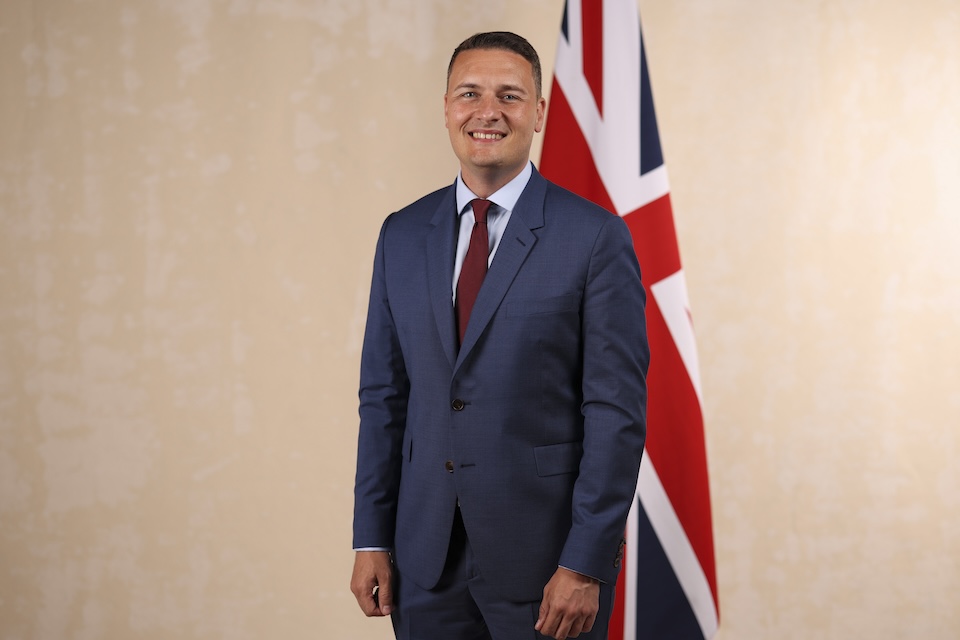Confronting Loneliness and Masculinity: A Quest for Solutions
In a quiet corner of London, a group of men, some familiar, some strangers, gathers to discuss a topic often shrouded in silence: the mental health and well-being of men and boys. The weight of unresolved issues hangs in the air, but today, hope is palpable. The societal neglect of men’s health is beginning to surface as communities unite to tackle a crisis that many couldn’t name until now. With poignant remarks emphasizing the need for open dialogue about masculinity, members of various organizations express gratitude for the newfound commitment to change.
The Masculine Crisis
Amid the camaraderie, poignant truths are laid bare. Research indicates that up to 75% of suicides are by men, a statistic that has become a grim hallmark of our times. “The stigma surrounding mental health leads many men to suffer in silence, but we are finally waking up to this reality,” says Dr. Sarah Thompson, a psychologist specializing in men’s health. “This crisis is not just a personal issue; it’s a societal one.”
Unpacking the Crisis
Understanding the complexities around masculinity is vital. While modern discussions often focus on the struggles women face, boys and men experience their own unique set of challenges that deserve attention. Issues like academic failure and relationship difficulties loom large, particularly for those from working-class backgrounds.
- Academic underachievement: Boys, particularly from lower socio-economic backgrounds, are falling behind in academic performance.
- Emotional isolation: Many boys report feeling increasingly disconnected from both peers and family.
- Toxic influences: The digital age has inundated young males with unrealistic portrayals of masculinity that can distort self-image.
Health Inequalities: An Overlooked Crisis
When discussing health, men face a narrative that often goes unnoticed. Statistics reveal startling inequalities: men live, on average, four years less than women, with the gaps widening in poorer communities. “It’s not just about lifespan; it’s about quality of life,” observes Dr. Robert Ellis, a public health researcher. “Men are not just getting sick; they are subjected to conditions that could have been prevented.”
The prevalence of conditions such as cancer and cardiovascular disease disproportionately affects men, and for black men, the statistics become more severe, with double the risk of dying from prostate cancer compared to their white counterparts.
The Silence Surrounding Men’s Health
A significant hurdle remains the reluctance of men to speak up. One in three men has never had an open conversation about health with a close male family member, leaving them isolated in their struggles. “Until we address the deep-rooted norms around masculinity that discourage vulnerability, we will continue to see men internalizing their pain,” explains Dr. Jane Lawson, a sociologist focused on gender studies.
Building a Comprehensive Men’s Health Strategy
In light of these insights, a groundbreaking initiative has begun—a Men’s Health Strategy aimed at addressing these inequalities head-on. Officially announced at a gathering where open discussions were encouraged, the strategy represents a commitment to bringing men’s health into mainstream discourse. “This isn’t just a campaign; it’s a conversation,” emphasized Richard, a key figure leading the initiative. “We will not rest until men feel empowered to seek help and speak about their mental health.”
The movement is already yielding results. During the launch, many attendees expressed their gratitude, noting that finally being seen and heard was an affirmation of their long-fought battles for acknowledgment. “It’s about time we had someone who not only listens but also takes action,” one representative from a grassroots organization stated.
A Collaborative Approach
The engagement of civil society is paramount. For effective implementation of this strategy, collaboration between government bodies, health organizations, and the community is essential. “We cannot merely treat the symptoms; we must address the root causes of these inequalities,” asserts Richard. “This is a collective responsibility.”
To maximize impact, organizers plan to:
- Conduct further research to understand men’s experiences across diverse communities.
- Engage grassroots organizations to contribute real-time insights into their challenges.
- Foster educational programs in schools that promote emotional literacy among boys.
A Vision for Change
As the gathering winds down, the atmosphere is electrified with a shared sense of urgency. Addressing the challenges that affect boys and men is not merely an act of goodwill but a societal imperative. “We all have a role to play in reshaping the narrative around masculinity,” Richard concludes, echoing the sentiments of countless attendees.
The path forward is undoubtedly daunting, but with newfound clarity and collective action, the hope remains that the boys of today can grow into men who thrive, equipped with the tools to navigate their emotions rather than being shackled by them.
Source: www.gov.uk


